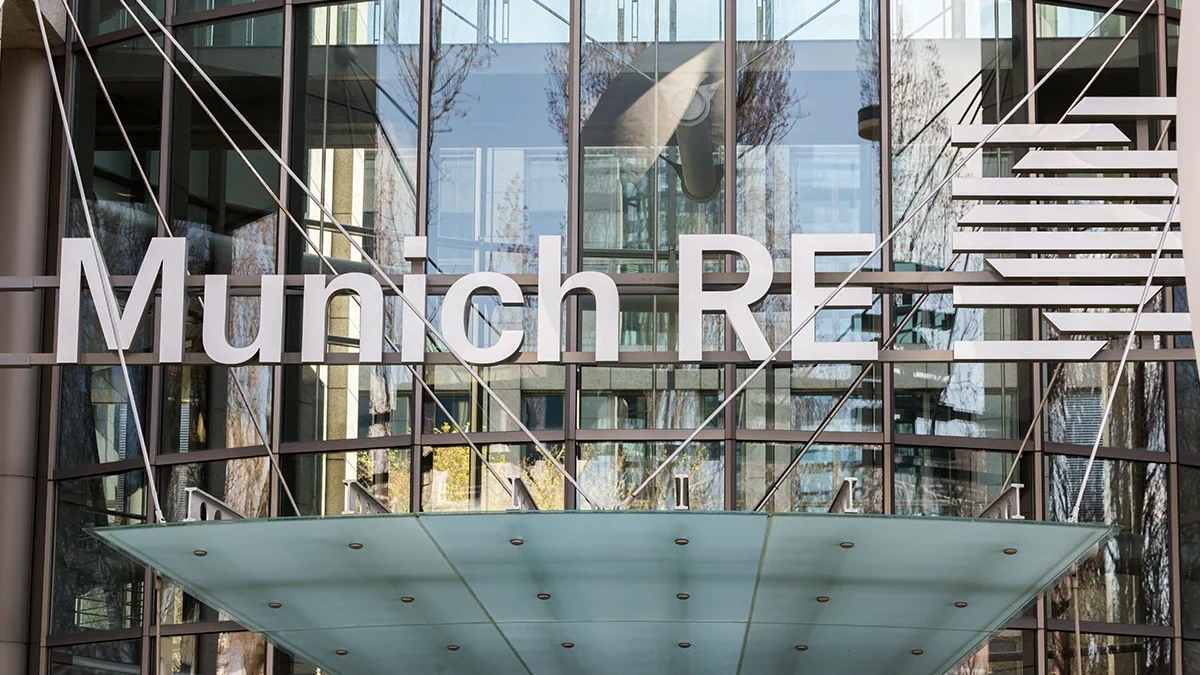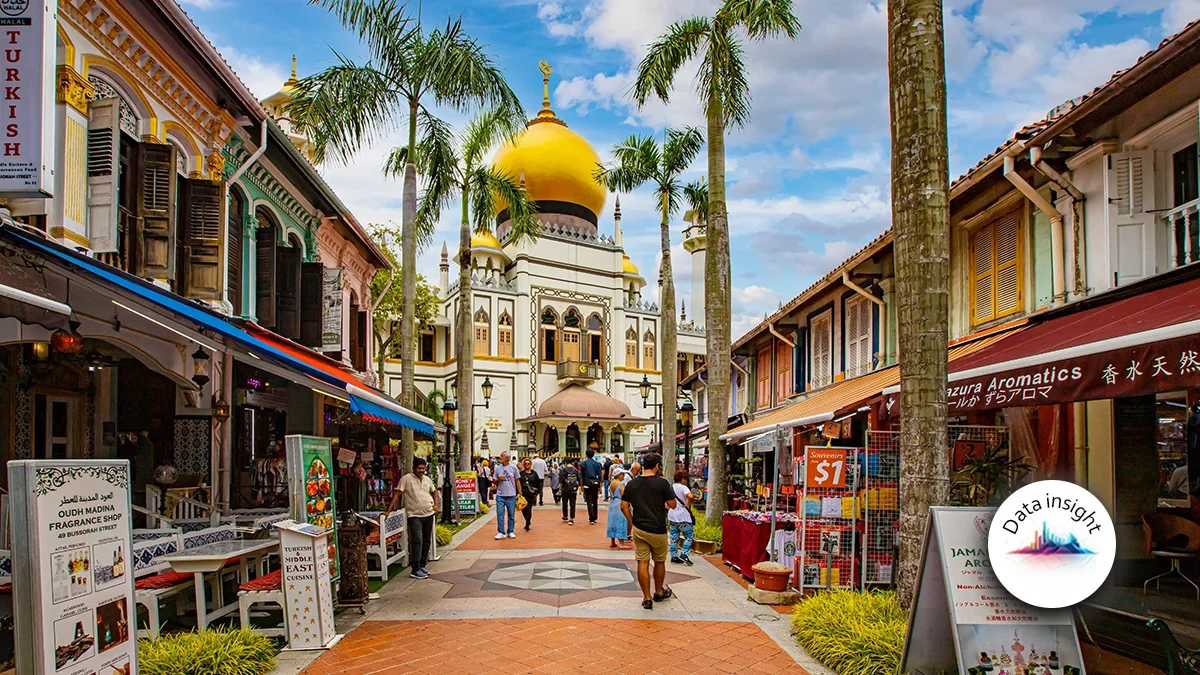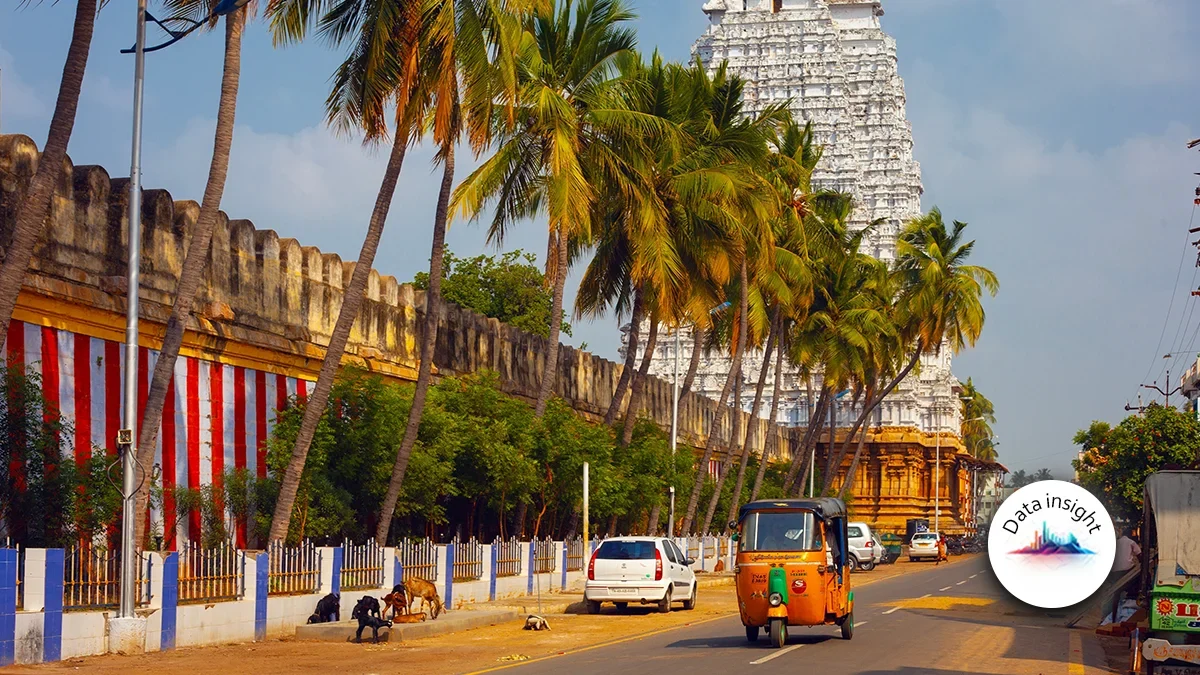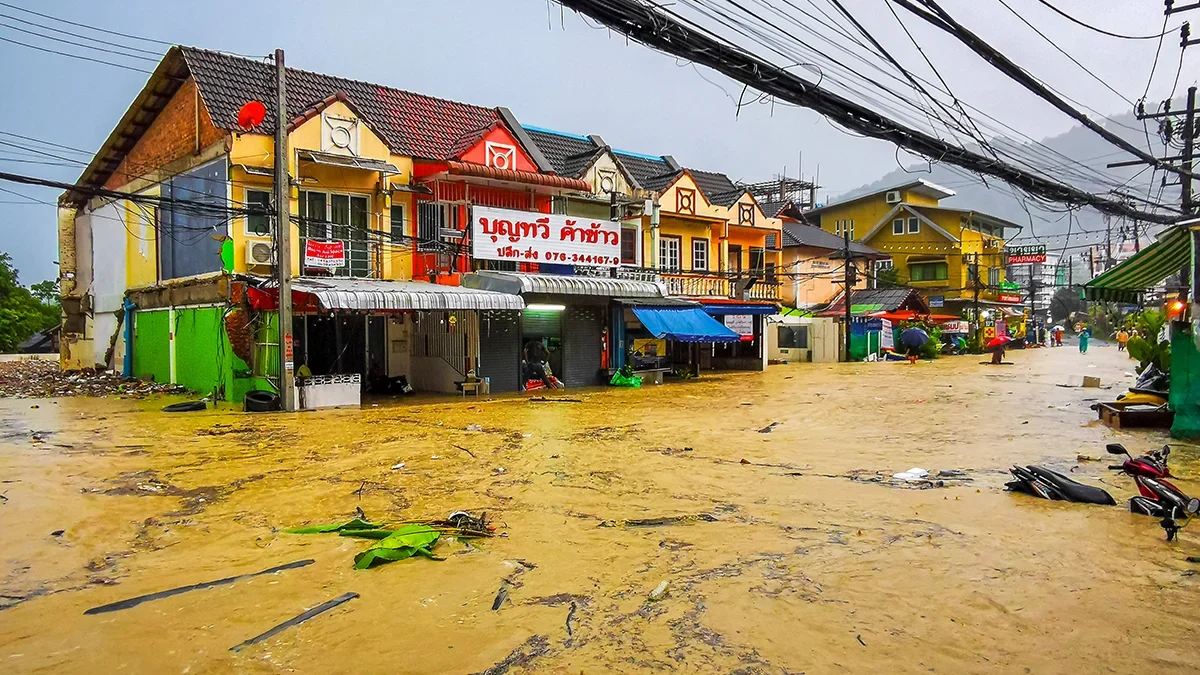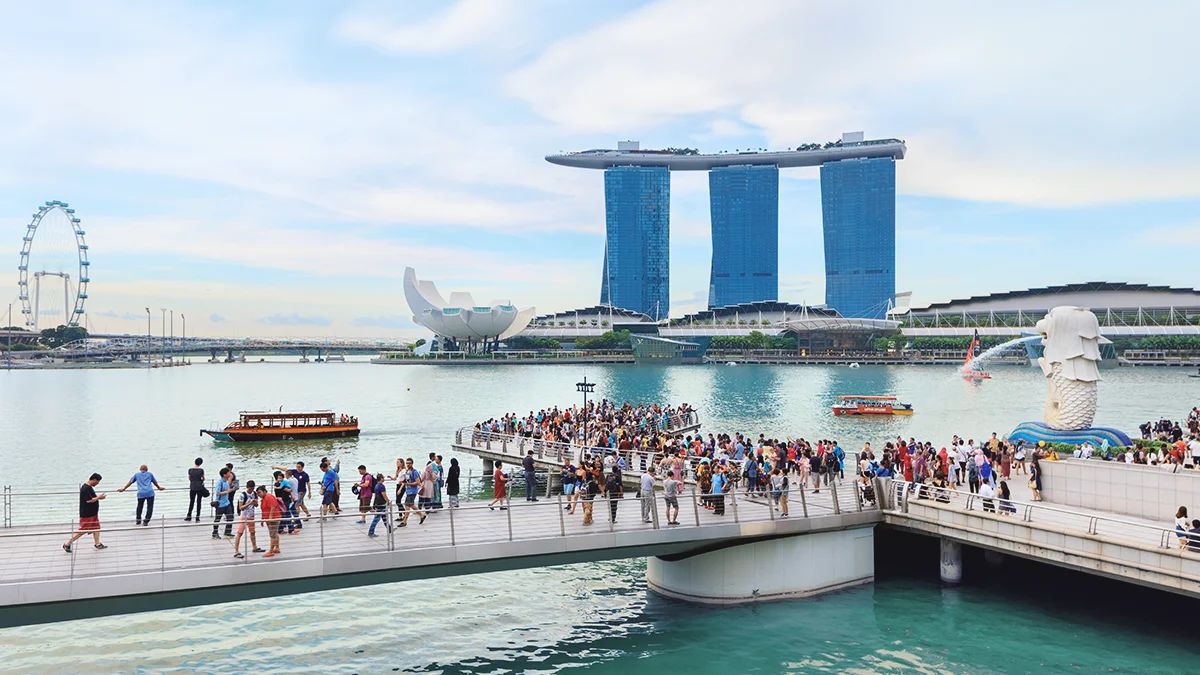(Re)in Summary
• Demand for insurance is increasing among social media influencers in Japan.
• Anecdotally law suits among influencers could also be on the rise.
• A new law was introduced last year forcing influencers to disclose financial interest in products or services they promote.
• A number of internet providers recently launched insurance products for their clients.
• In other countries, big brands have been instrumental in pushing influencers to take out insurance.
• Price will be critical to the products taking hold.
The past two years have seen a rapid growth in demand for insurance among social media influencers in the US, the UK and Australia. This trend may now be about to take hold in tech-savvy Japan.
“Some large Japanese insurance providers have been working quite hard on personal cyber insurance products,” says Henri Winand, Chief Executive Officer at AkinovA.
Winand says that such products “tend to be targeted mostly at members of Gen-Z”, referring to those people born between the late 1990s and the early 2010s.
“These are people that have most of their business interests and life online. Social media influencers, for instance,” says Winand.

Henri Winand
Chief Executive Officer at AkinovAAkinova is an electronic platform for trading digital risk. While the company deals mostly with large businesses rather than individuals, Winand says that he has spoken to enough clients and partners in Japan to say that, anecdotally, this is a trend that is taking place.
Indeed, Winand’s comments accord with what others in the market are noticing.
“With the increasing popularity and influence of social media, it’s reasonable to say that legal procedures and / or lawsuits against influencers could be on the rise, especially as regulations around digital content evolve,” says Toki Kawase, a founding partner of Monolith Law Office, which specialises in providing legal services about information technology to a range of clients.
For example, a new law introduced last October forces influencers to disclose any financial interest in products or services they promote. Failure to do so can result in hefty fines.
At the same time, greater pressure is being placed on social media platforms to reign in the wayward behaviour of their users. In April four people filed lawsuits against Meta, the operator of Facebook, after being scammed by a series of fake advertisements featuring celebrity investors.
“Social media influencers may choose to mitigate legal risks by purchasing insurance from private insurance companies,” says Kawase.
It is not possible to say for sure how many influencers may be taking out this kind of insurance. However, Kawase says he has noticed some of the largest insurance companies moving “towards discussions on the management of reputational risks involved with social media and the role that insurance coverage can play”.

Toki Kawase
Founding Partner of Monolith Law OfficeSome internet providers, such as J:Com, have recently launched products that cover legal fees and other expenses due to online disruption. These products, which are aimed at individuals, could also be used by social media influencers.
J:Com didn’t respond to an invitation to comment for this article. However, Hironori Terashima, a director within the firm’s insurance unit, told Oricon News, a Japanese publication, that problems of slander on social media frequently occur.
“When a customer receives a request for information disclosure or a claim for damages, we consult with them,” Terashima told Oricon News. “At that time, we ask them to disclose all past logs of their communications with the other party. We then sort out the facts.”
Most of the large insurance companies active in Japan – including Sompo Japan, Mitsui Sumitomo, Tokio Marine, AIG Japan, Nipponkoa, and AXA – offer liability insurance, which Kawase says “may be suitable for influencers”.
“These insurance policies tend to cover legal expenses, settlements, and damages resulting from lawsuits related to issues such as defamation, copyright infringement, privacy violations, and breach of contract. The specific coverage may vary depending on the policy and the provider,” says Kawase.
The rise of the influencer
The core markets for social media influencer insurance at the moment are the US, Canada, the UK and Australia. Appetite for personal online protection is also growing across continental Europe.
One of the core driving forces behind the uptake of these kinds of products in other jurisdictions is the insistence of large companies, who are increasingly refusing to deal with influencers unless they have taken out adequate insurance.
“Large brands are paying an influencer to perform a service for them, and so their view is that they shouldn’t have to also pay for the lawsuits or settlements arising out of any mistakes that the influencer makes,” says Chris Cooper, Head of Media Liability for QBE North America.
The products that QBE sells across the US and Canada covers four main risks: copyright infringement, defamation (including both slander and libel), infringement of privacy, and impersonation.
“The number of lawsuits being brought is increasing and it’s incredibly easy for a plaintiff’s lawyers to find the infringing content, and they have been successful in achieving settlements,” says Cooper.

Chris Cooper
Head of Media Liability for QBE North AmericaIn this sense, Japan – where the influencer is increasingly being seen as a vital tool for online marketing – is lagging behind.
“We’d very much be open to a conversation about social media insurance in Japan, if there was interest in a decent product that needs to be reinsured. This hasn’t made its way to us yet, although this may just be a consequence of distribution,” says Michael Brunero, Head of Technology, Media and Intellectual Property at CFC Underwriting.
CFC Underwriting specialises in cyber risk. It operates in Japan through a reinsurance arm in the country.

Michael Brunero
Head of Technology, Media and Intellectual Property at CFC Underwriting“The way that risk in Japan usually comes to us is when a local insurer has picked up on this,” says Brunero. “This could be the very first conversation that drives the interest and the availability of the insurance, because it has to start somewhere. These were the kinds of conversations that we were having in the US some years ago, and now the market has really taken off.”
The thing that could slow the market down, though, is the price of such insurance products. Even in the US, where influencers are increasingly seeing the value in having insurance, such products still remain beyond the reach of many smaller players.
“The idea is to create enough scale in order to have it become an affordable product for any social media willing to educate themselves in basic content clearance principles,” says Cooper. “If that critical mass takes hold before too many lawsuits come in, then the price will come down.”
This will be particularly relevant in Japan, where research suggests smaller micro-influencers are particularly important for product promotion. Such individuals are unlikely to consider online protection if the products are too expensive.





